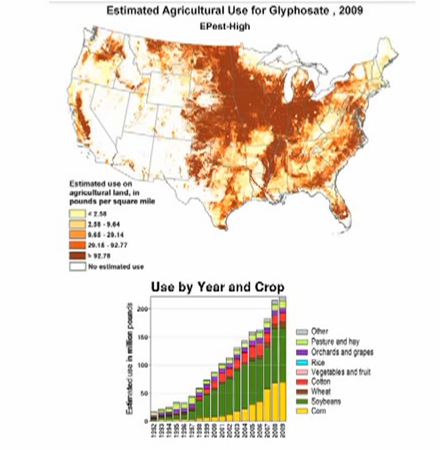



Carl Moore wrote:
While the roundup has a long lifetime in soil, its also pretty mobile, the three year organic certification clock is based mostly on transport downstream and is pretty safe in most enviroments.
I would emphatically disagree with this statement, but I'll leave people to follow the info provided above if they desire.


Blair Buchmayer wrote:Thanks for posting about that book for the Puget Sound region. I ordered it and am excited for it to come! I've been looking for something more specific to the region, feels like 99% of gardening books don't really apply here.